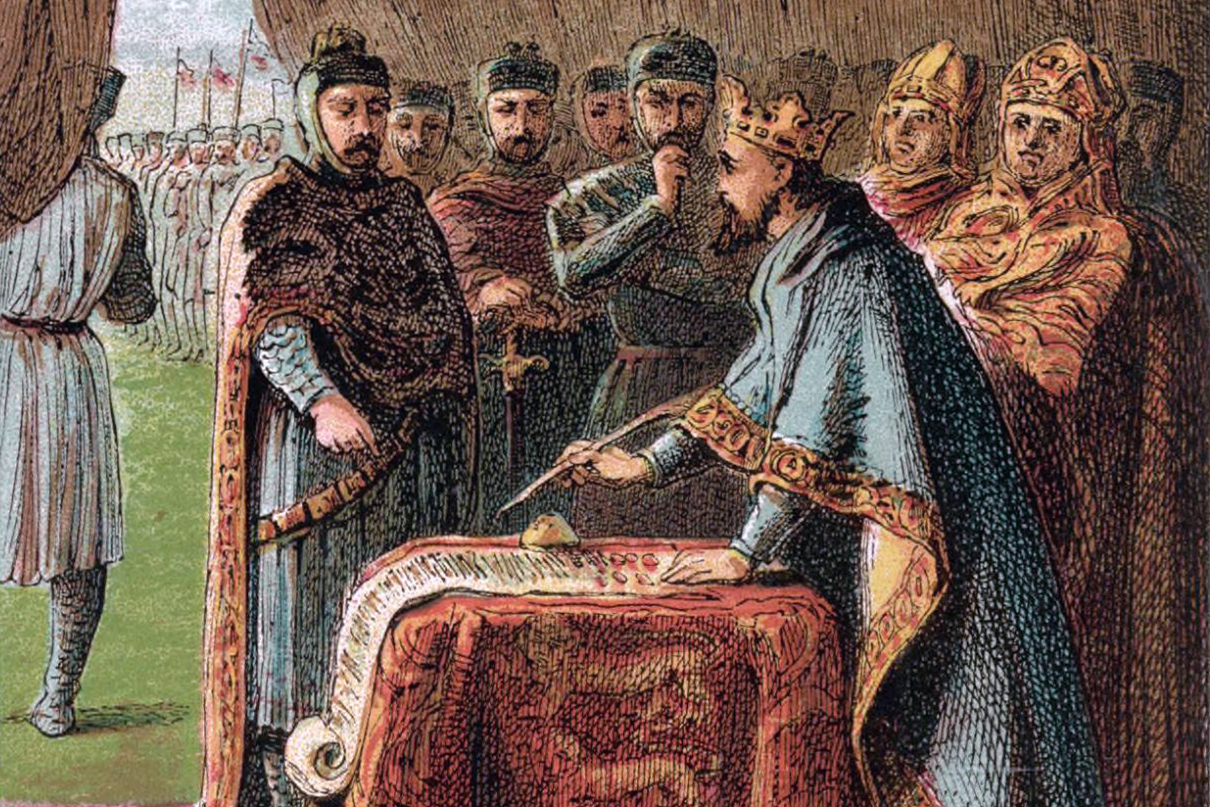Errors & Omissions: Magna Carta, sexing bishops and ministerial aides
Here’s one the fusty sticklers would have been proud of


This was certainly an eye-catching line on the front page on Tuesday: “Meet Dodo the Pimp, the brothel-owner who DSK is terrified of.” Sticklers might say it should be “of whom DSK is terrified”, but that would look a bit fusty, and the meaning is perfectly clear. But fusty sticklers often alert us to other problems. Would it not have been better to say “the brothel-owner who terrifies DSK”?
• Full marks to Ellen E Jones who, in her review on Tuesday of David Starkey’s BBC2 documentary on Magna Carta, did not use the definite article once to refer to the Crown’s mythologised concession to baronial power. It was a shame, though, that her listing on the Contents page referred to realpolitik behind “the” Magna Carta.
• If we have to refer to the sex of bishops we should call them male and female, as we did in our report on Tuesday of the consecration of Libby Lane, the first female bishop in the Church of England. We used the term “women bishops” only in reporting the objections of Paul Williamson – presumably that was the phrase he used. However, we also let “women bishops” creep into the sub-headline of our editorial on the subject. No one would say “men bishops”.
• We described Tessa Munt, the Liberal Democrat MP for Wells, as Vince Cable’s former “private aide” in a news story on Wednesday. This job title has long caused a problem for journalists trying to balance clarity and brevity.
Until she resigned because she voted against the Government for a moratorium on fracking, she was parliamentary private secretary to the Business Secretary. But PPS is both long when spelled out in full and obscure. It is a title given to MPs as a mark of front-bench approval, and is regarded as a probationary status before promotion to ministerial rank. PPSs are neither backbenchers nor ministers. They are obliged to vote with the Government and yet given no authority. Journalists sometimes use “aide” as a short form, because PPSs do act as assistants to their principals, but “private aide” is confusing. It suggests a special adviser in a minister’s private office. I think “aide” on its own is best, and, if we have space, we should also write out parliamentary private secretary in full.
• “Major” is a word of which we could see less. On Thursday, we reported that Apple’s quarterly turnover of $18bn surpassed “previous records set by major oil companies such as Exxon Mobil”. Records wouldn’t be set by minor oil companies, would they? We did not need “previous” either. Not even Apple can surpass records set in the future.
• Yesterday we reported: “Hospitals have carried out an ‘unprecedented’ rebellion against national NHS spending plans…” This was an odd choice of words. It might have been a bit hackneyed for them to have “staged” a rebellion or “launched” one, but either would have been better than the lifeless admin-speak of “carried out”.
Guy Keleny is away
Join our commenting forum
Join thought-provoking conversations, follow other Independent readers and see their replies
Comments
Bookmark popover
Removed from bookmarks